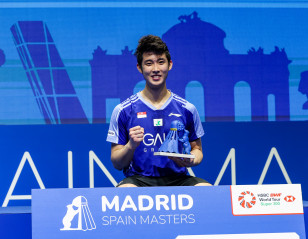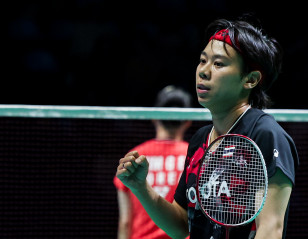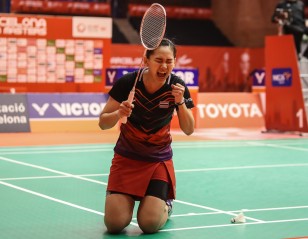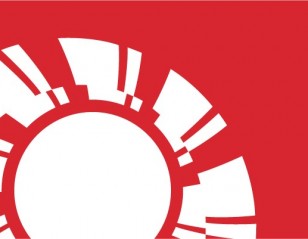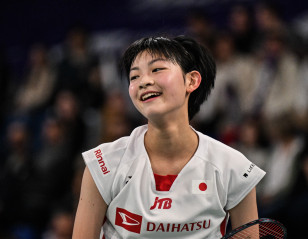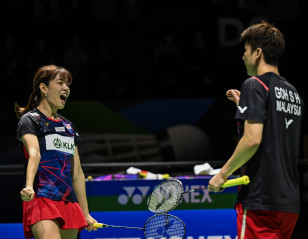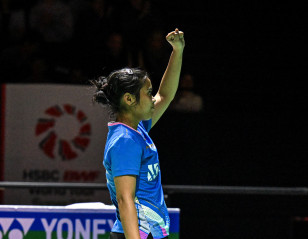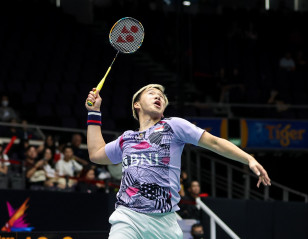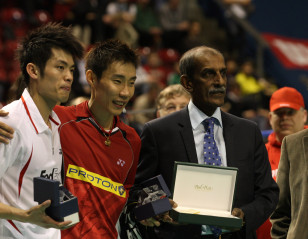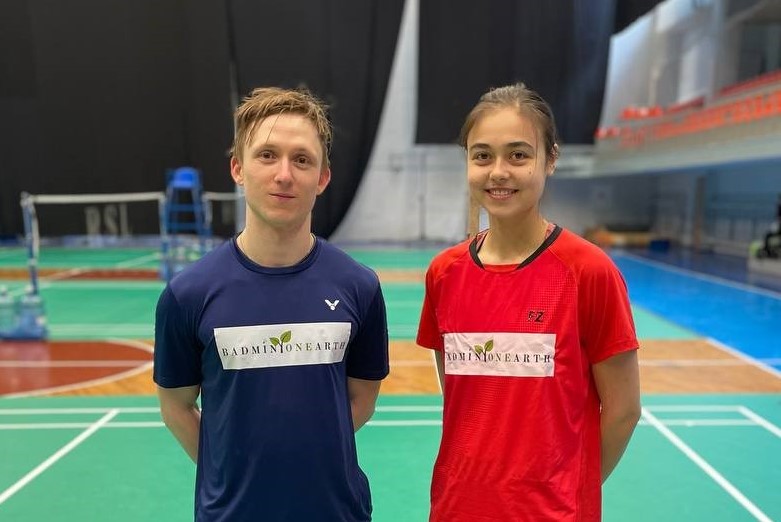
Schaefer, Wilson and a Quest for Sustainability
Broken rackets, used shuttlecocks, shuttle tube lids, snapped string – these are badminton’s discarded objects, generated on a daily basis in tens of thousands of courts, both at the recreational and elite levels.
Yet, these are also the least thought-of objects of the sport, their utility having expired once rackets, shuttles and strings are past their short life cycle.
German internationals Kai Schaefer and Miranda Wilson are concerned about these things. Schaefer and Wilson have started a foundation called BadmintONEarth which works with partner organisations involved with recycling discarded badminton equipment, besides taking up other environmental and social projects such as planting trees and starting a school in the Democratic Republic of the Congo.
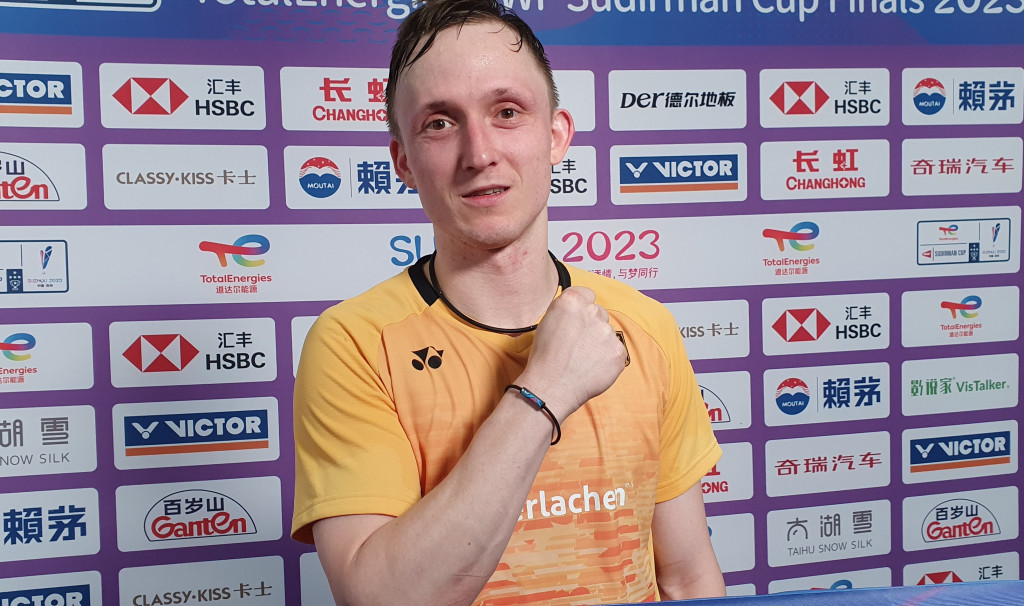
“We felt like, everybody talks about climate change and sustainability, but there’s no action,” said Schaefer, Germany’s highest ranked men’s singles player at No.67. “As athletes, we have a big voice. And so we felt like we should do something. We’re involved in a lot of projects. Everybody knows that plastics can be recycled, but we try to focus on the badminton-specific waste, like strings, shuttles and rackets. Also, for tournament organisers we did a manual that they can follow.”
BadmintONEarth estimates that 22.4 tons of used shuttlecocks and 11,500 km of broken badminton strings are produced every year in Germany alone.
Among the recycled objects in various stages of development are, for instance, keychains and bracelets from broken rackets, insulation material and furniture from compressed feathers of used shuttles, training equipment from the plastic covers of shuttle tubes, and 3-D printing material from strings. The foundation has tied up with 60 clubs in Germany to collect and dispatch the waste to the respective recycling organisations such as re:net (strings and tube lids) and RELIX (broken rackets).
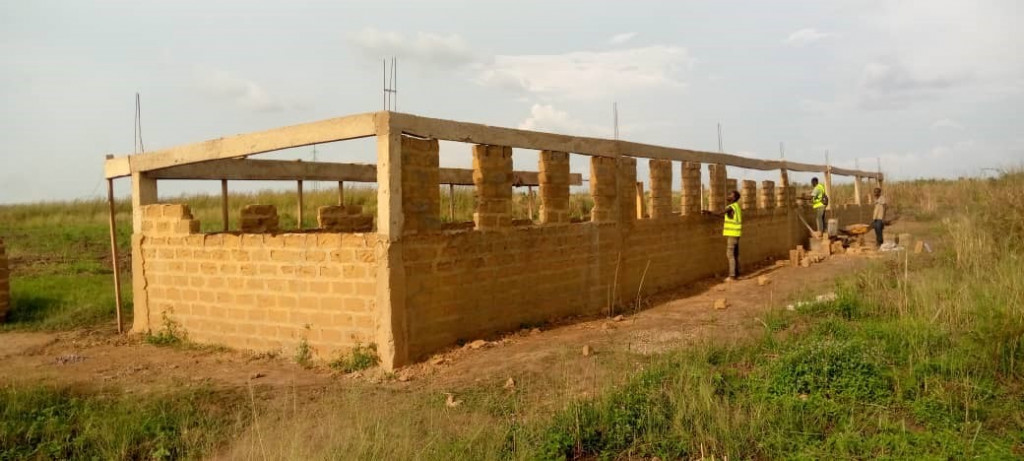
Wilson, Germany’s second highest women’s singles player at No.166, says they started out with a reforestation project two years ago, but realised that the climate crisis required much more than just planting trees.
“It was basically a reforestation project,” says Wilson. “So people donate money, of which 100 per cent goes into our climate project, which supports projects like planting trees, solar energy, and social systems. Of course we were aware that only doing a reforestation project is not going to solve the problems we have in the climate crisis.
“So we needed to look into what was actually causing emissions. Where can we cut down emissions? And what structural change do we need, in like, the German Badminton Association. And then we had these ideas on what to do with all the waste we’re producing in badminton because it’s extraordinary how much we produce.”
As part of the reforestation project, BadmintONEarth has funded the planting of some 3,200 trees. A key social initiative was funding the building of a school in the Democratic Republic of the Congo, where teachers are given solar backpacks that serve as education aids.
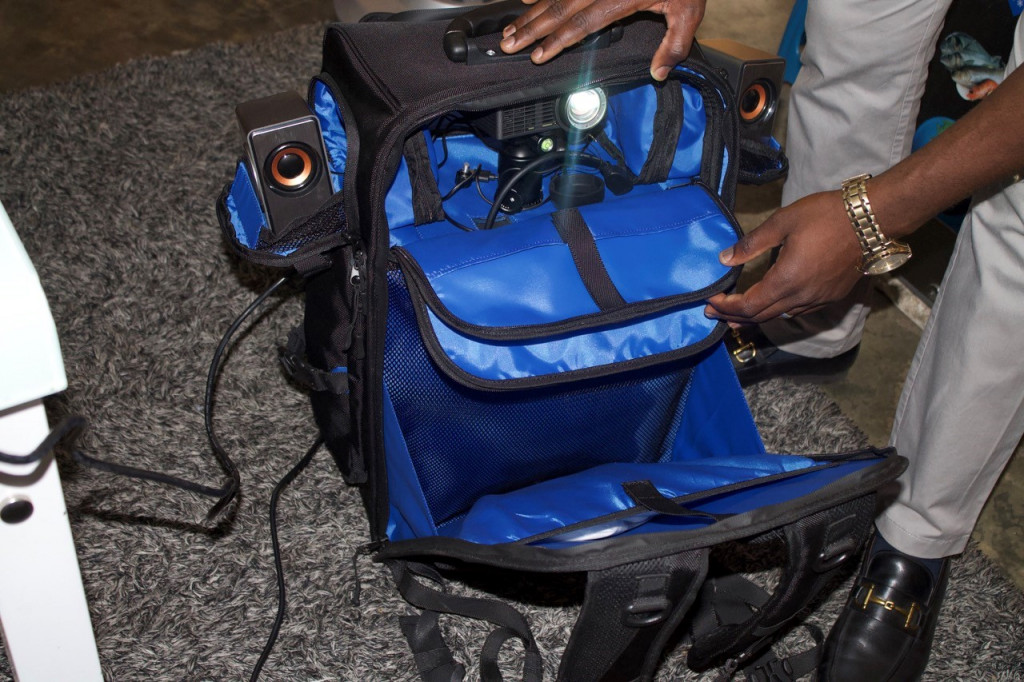
With badminton waste, several approaches were necessary because of the different materials involved.
“Shuttles are the most difficult. We started trying something there. But then we said, it’s too complex for us right now, because we have such a small team, and we don’t have enough money to invest there. So now we focus on all the other things like tubes, lids of tubes, strings, rackets.”
Among the simpler solutions, devised by a friend who plays the second division in Germany, was to design keychains, bracelets and similar items out of discarded rackets. Other material, such as strings and plastic lids of shuttle tubes, are being tested for use in 3-D printing. A French company has been working on high-end furniture after shredding and compressing shuttlecocks.
While these efforts are on, Schaefer and Wilson seek to emphasise the importance of setting up a system with the national badminton association.
“We wrote a manual and checklists for sustainable tournaments in Germany,” says Wilson. “We’re actually looking at implementing that for all of the tournaments in Germany for next season. So, yeah, we’ve been doing quite a lot of work. And I think there’s still so much potential, and so much work to do. But these first baby steps have been really good.”




















